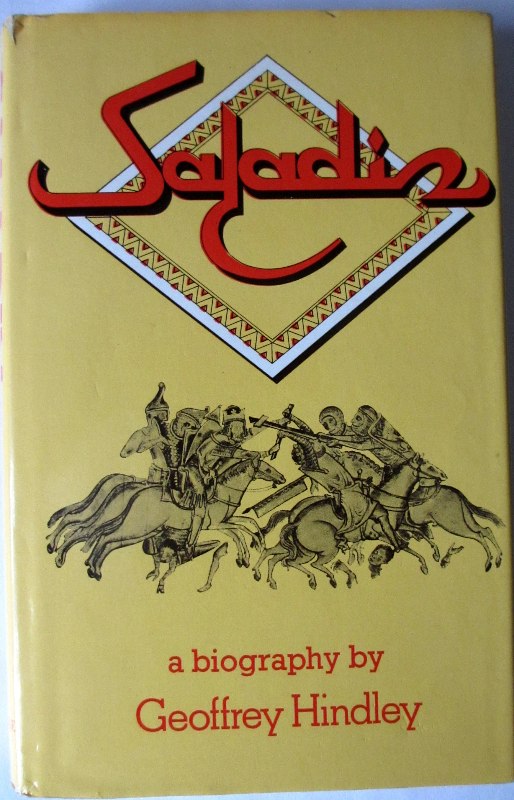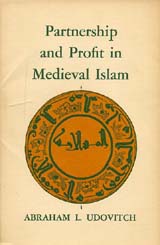 Saladin
by
Andrew S. Ehrenkreutz
Saladin
by
Andrew S. Ehrenkreutz
Call Number: DS38.4 .S24 E34
ISBN: 087395095x
Publication Date: 1972-08-01
In this book the medieval Muslim sultan Saladin is at last freed from his romantic image and presented realistically. Professor Ehrenkreutz portrays Saladin as a central figure of his time, only much more capable, intelligent, and ambitious than heretofore acknowledged. The author's careful treatment of Saladin's early career is in sharp contrast to earlier biographies, just as he emphasizes Saladin's political ambitions in the Muslim Middle East rather than his far more celebrated activities against the Crusaders. While Saladin's involvement with the Crusader Kingdom and his capture of Jerusalem, which stimulated the Third Crusade, have led most Western historians to concentrate on this aspect of his career, Professor Ehrenkrautz corrects this distortion by showing that Saladin preferred to turn against his Muslim rivals in Syria and Mesopotamia, rather than against the Christians on the Syrian littoral. While Saladin declared his convenience, he did not fight the Crusaders in earnest until he had gained recognition as military leader of all Islam. But after a devastating sweep of the Christian fortresses, Saladin chose an easy propaganda victory, the capture of Jerusalem, rather than reducing Tyre, the last important Christian stronghold on the Mediterranean coast. To this spot came the battered Christian remnants; there they held off Saladin's belated attempt to rectify his mistake until troops of the Third Crusade arrived and reestablished the Christian presence in the Middle East. While pointing out Saladin's genius, Professor Ehrenkreutz demonstrates that all his accomplishments were quite ephemeral and some, perhaps, ultimately proved detrimental to the Muslim cause. The unity between Egypt, Syria, and part of Mesopotamia did not at last long after his death in 1193. The Crusaders not only regained a foothold in Syria, but also got back Jerusalem less than fifty years later. Saladin's successful use of Egyptian revenues to finance his campaigns elsewhere, a policy he learned from Nur al-Din, caused Christian attacks to be focused on Egypt. This helped destroy the Ayyubid regime and bring about the Mamluk domination of Egypt.-Flap cover.

 Saladin
by
Saladin
by
 Saladin
by
Saladin
by
 Partnership and Profit in Medieval Islam
by
Partnership and Profit in Medieval Islam
by